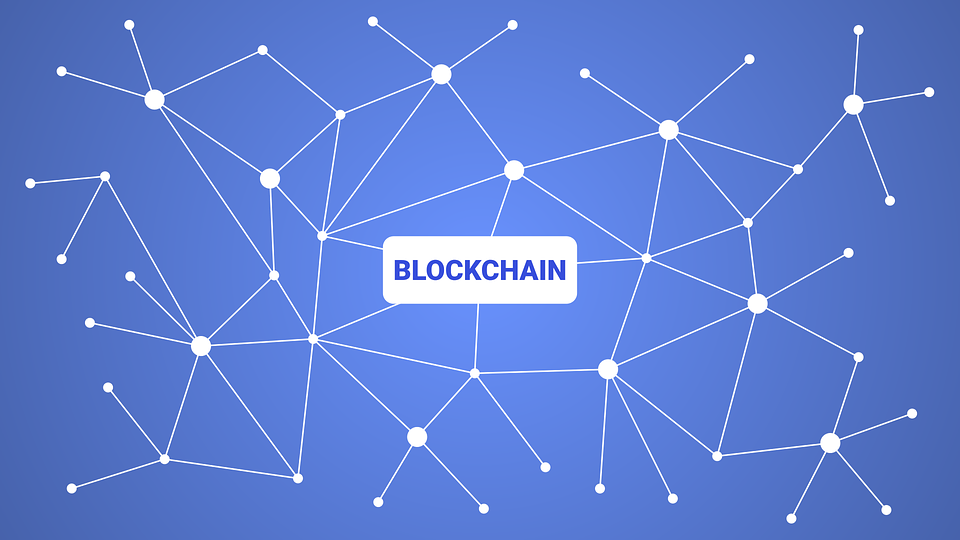
Blockchain came by as the technology underpinning Bitcoin. It then took a growth curve of its own and is now touted as the next disruptive tech after the internet. Everyone seems to try to fit Blockchain into something, understandably so! But back to the basics. When Satoshi Nakamoto created Bitcoin, the intention was to create a decentralized financial system that will in itself grant its users financial freedom. Seeing that the consensus around Blockchain (even by crypto haters) is that it can cause revolution in industries, how is ‘financial freedom’ fairing?
Admittedly, there may still be a long way to go before reaping the full benefits of Blockchain. But as it is, we know Blockchain is the foundation on which powerful programs, some that may be beyond our imaginations today, will be built on. Given the rapid growth and progress we’ve seen in Blockchain and cryptocurrency technology in its short 10 years, there is no doubt that the possibilities can be mindboggling. Still, working with what we have today, we can start to predict how things will turn out concerning financial freedom.
High liquidity and access to capital
What holds the populace in perpetual bondage and dependency is that control of financial tools is concentrated in the hands of a few. Banks decide who they fund, give loans and even control access to personal funds. Banks as they are, are thus arguably a necessary evil, with some preventing cryptocurrency companies from opening crypto bank accounts. Even for the unbanked, banks are still bad for them - as they are locked out of professional financial assistance.
Blockchain, as a decentralized system, presents an alternative where people can choose which currency to use and importantly, have full control and access to. As such, one can use their funds for purchases, trade, investments and help fund projects at owns will at any time. In the same breath, Blockchain systems can be used by anyone with access to the internet. In the future, internet may not be a necessary tool when receiving crypto, given the projects building text based offline transactions. This means, with just a basic phone, one can access a world of financial options without outward control.
Importantly, the value of a given currency is not dependent on government stability. Coins determine their value according to their use cases and demand. Even better, their limited numbers as stipulated in their codes means there are very low chances of fluctuation. One can have the security that they are not going to lose their property in the event of a financial crisis.
Borderless transactions
Some Blockchain based crypto payments can be made instantly, and without a fee, from anywhere in the world, such as the cryptocurrency temtum. This aspect is also multi-pronged. First, one does not have to worry that a remittance service may not be available in a given country, individuals send funds to wallets of choice anywhere in the world. Secondly, the fees charged on transactions are low and there are no multiple exchange rate fees. The idea of a true global village may be brought home by Blockchain transactions. This will expansively open up trade across the world enabling people earn as much as they could for online based services.
Transparency
Blockchain systems are by nature highly transparent and thus trustless. You do not have to enter into transactions on faith that the other person is going to hold to their end of the bargain. Immutable public records on Blockchain’s see to it that in case of disputes, there is a reliable ‘witness’ whose integrity cannot be put to question. The development of Smart Contracts is set to expand on transparency by creating self-executing programs. As such, once parties enter into a contract, transactions are not executed until all the conditions written on the contract code are met. This way, individuals in businesses concentrate on providing better services rather than worrying if they can trust their customers.
Decentralization will be the main player in the disruption expected in the financial industry. Through it, intermediaries and long bureaucracies are eliminated. The result is that everyone will be the primary handlers of their funds, giving them unprecedented pool of options to choose from.
